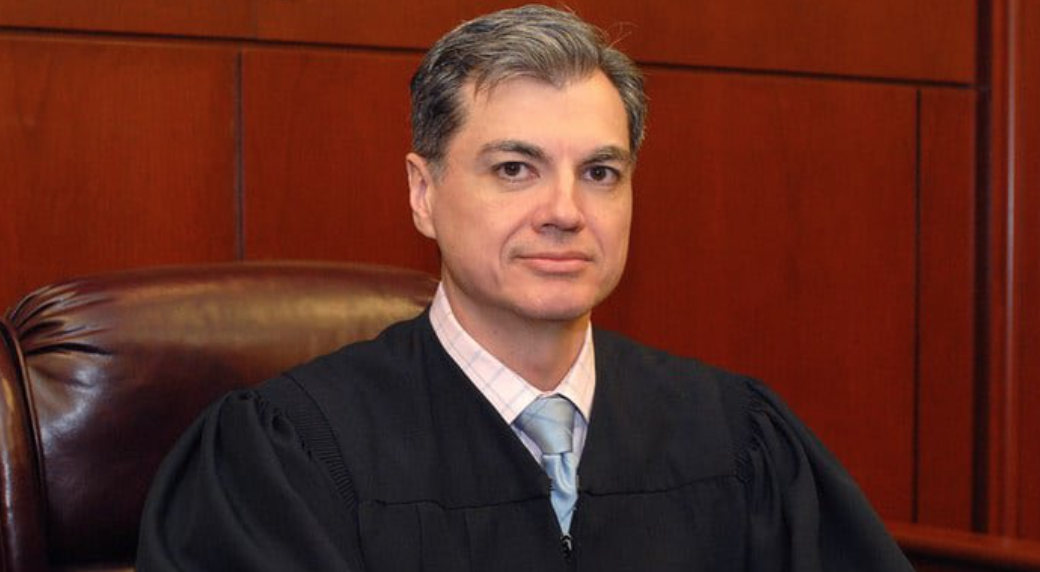To save the Nation from destroying itself requires us acknowledging the lesser-known definition of the CALL that is blocking the States from enacting spending changes in Washington DC.

Please Follow us on Gab, Minds, Telegram, Rumble, GETTR, Truth Social, X
Guest post by Michael Kapic
November’s elections revealed a paradigm shift in the American body politic. Internal threats to our Nations moral and fiscal security by a hyperpolitical Congress and the recognition of the decline of a moral society were obvious.
We have been awakened to the evils of government mismanagement of our founding principles. What to do?
A foundational change by the States is the only instrument left in the tool box that could reform our basic rules. The solution is a return to the laws of nature and of Nature’s God through the instrument in Article V of the Constitution: an amending convention of states to propose a fiscal responsibility amendment. This would end the egregious flow of taxpayer money, borrowing on our children’s future, inflation and increasing interest payments. It is time for fiscal responsibility to be the adult in the room.
Article V of the Constitution allows two ways amendments can be adopted to correct the present course and secure our families fiscal and moral future: either the States or Congress.
The State convention process, the one that designed our Constitution in the first place, worked well for a long period after 1787. Conventions had met for 167 years prior to 1787, beginning with the Mayflower compact according to historical records. The Founders codified the convention process into Article V because the people and states were expected to use it if the government became overreaching or tyrannical.
The Constitution’s second and most used method is by Congress who has attempted to propose nearly 14,000 amendments since 1788 and has succeeded 33 times of which the State Legislatures approved 26 and the States in convention ratified one (1933).
The States currently have over 400 application requests before Congress to call for a convention, per Article V, so they can meet and propose amendments.
In 1979, the number of State applications had met and exceeded the 2/3 (34) requisite threshold of Article V. By the end of 1979, the number of State applications had risen to 39 to limit Congress through a fiscal responsibility amendment to be approved by ¾ (38) states. Congress has ignored this call and four other attempts by the States since 1908.
The historical standard operating procedure used by the colonies and states was to ‘call’ a meeting via a circular letter requesting the States gather at a defined location on a specific date to discuss a particular topic of interest. The Founders integrated that state call into Article V as Congress’s new responsibility. Congress has ignored the people and their states request to meet many times.
Today there are two complications: 1) Congress is not interested in the States meddling in their budgeting business and so legal action is required, 2) the Framers did not define how a convention was to work or be called because everyone already knew how conventions operated. The last convention of states, called by a circular letter, occurred in September of 2017 in Phoenix, Arizona.
An Article V’s “shall call” occurs when the last required State legislature consummates the act by vote; it is done, only to be announced (called) by Congress. The Article V ratification of an amendment is the same way; the last state votes to consummate the ratification of a proposed amendment. It immediately becomes the law of the land, to be announced at some undisclosed time by the clerk of the Archives or any other government organization. The moment the State enacts its Constitutional authority, the act is consummated.
The Supreme Court ruled in 1921 clarifying the consummated vs. announcement when Mr. Justice Van DeVanter delivered the opinion of the Court in a case here. “Its ratification, of which we take judicial notice, was consummated January 16, 1919. That the Secretary of State did not proclaim its ratification until January 29, 1919, is not material, for the date of its consummation, and not that on which it is proclaimed, controls.” Dillon v. Gloss (1921)
Watch this 5-minute overview of the 2017 Phoenix BBA Planning state convention to understand that it operated using the same SOP as the 1787 Constitutional Convention in Philadelphia.

Join in the fight with the Article V Taskforce Stand Up, Show Up, Speak Up!
























